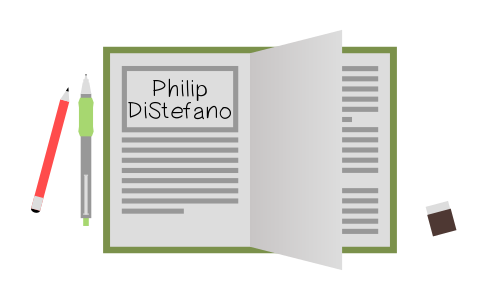To start a novel, all you need is an idea.
That may sound incredibly simplistic, but it’s the honest truth. Ideas can be found all around you – things that happen in your everyday life, inspiration from something on TV or in a book, or an anecdote your friend told you last week. I’ve written multiple flash fiction stories and short stories based on songs. Pretty much anything can be turned into an idea for a story. The entertainment value of that idea will vary wildly, of course, and that’s why you should try to make sure your idea is something interesting to you. If you aren’t excited about the idea, no one else will be.
Let’s try a quick brainstorming exercise to get your creativity flowing. First, I want you to relax. Sit, stand, lie down – whatever helps you to chill out. Close your eyes and repeat the alphabet in your head once, just to clear your mind. You can also count sheep to around 25-30 if you’d prefer. Now, open your eyes and look around the room you’re in. What things immediately stand out to you? Maybe just ordinary things, like a Rubix cube, a computer, and a bottle of water. But we need to look beyond how ordinary things seem and imagine how they could be.
What if there was a magic Rubix cube that, upon solving, gave a character supernatural abilities?
Don’t like that type of story? Well, water and computers don’t mix. Maybe a character spilling water on their computer leads them to a repair store where they meet someone that changes their life.
If your phone is the only thing in front of you, no worries. There are plenty of stories you can write using that as a launching point. Imagine a character that wakes up one day in a strange place with only their smartphone, only to find out that the year is 1910, and somehow the phone still works.
Ideas come to different people in different ways, so even though you can be inspired by almost anything, not every idea is something you’ll want to try fleshing out to novel-length. The way I like to test an idea is by writing a standalone story based on it without a real conclusion. 3,000 words is a good number to aim for, but I’ve done as few as 2,000 and as many as 5,000. (If you decide to follow through with this, you may want to skip ahead to my article on Deciding on Tense and Perspective before hitting the ol’ word processor).
When completed, ask yourself how much you like this story you’ve written. Is it exciting? Do you want to read more of it? Are your characters interesting? Do you really want to “find out” what happens to them? If you answer ‘yes,’ congratulations, this is now your first chapter. If you answer ‘no,’ back to the drawing board.
There is no exact science for a good idea, but one of the exciting things about writing is that you have the ability to take a really simple idea and run with it in any direction that you please. It’s your world, your characters, your scenarios – entirely your creation to do whatever you want with. And please, don’t worry about your idea being similar to something else. The execution of your idea is far more important.
